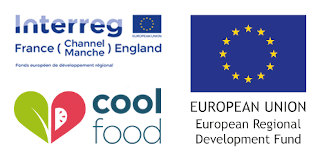
Are you making good progress on your food commitments but are still looking for more to do in order to make a real difference?
Well, when talking about how our diets impact on the environment, the bottom line is that a vegetarian diet is better for the planet.
In terms of the food we eat, consuming meat and fish has the biggest impact on the environment. Every time you make a veggie meal, you can save the equivalent carbon of driving at least 4 miles in your car.
Populations are set to rise to more than 9 billion by 2050, and we are consuming the planet’s natural resources faster than they can be replenished. It is reported that we each eat more than 7,000 animals in our lifetime, and our appetite for meat has a significant impact on the environment.
The suggestion to reduce meat intake can sometimes be met with a real reluctance, with many people feeling this would be a hard lifestyle change to make. Another concern may be around a lack of protein, but actually grains, pulses, nuts, seeds, and vegetables contain a surprising amount of protein.
Reducing your meat intake can be a relatively simple thing to do:
- Can you introduce one or two more vegetarian meals a week?
- Can you reduce the size of your meat portions?
- Can you swap out your regular meat dishes with a veggie equivalent?
Vegetarian meals can be filling and massively tasty. Once you start making a few simple changes to your diet, it can be a great way to try out new recipes, share cooking tips with friends or try some new tastes!
We have some great veggie recipes available, so make sure to take a look!
- Introduce vegetarian meals
